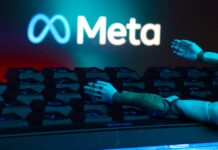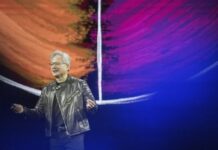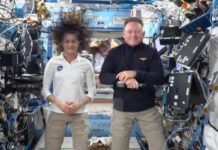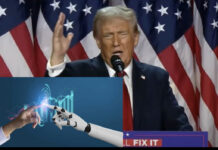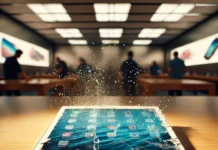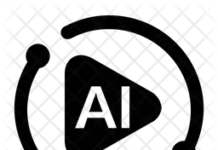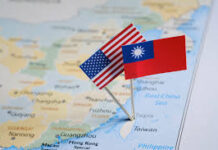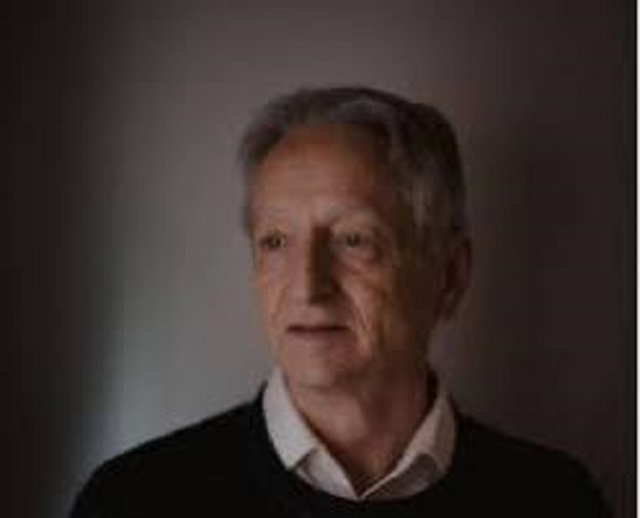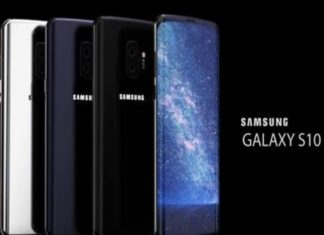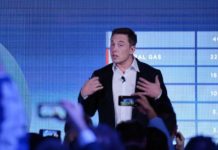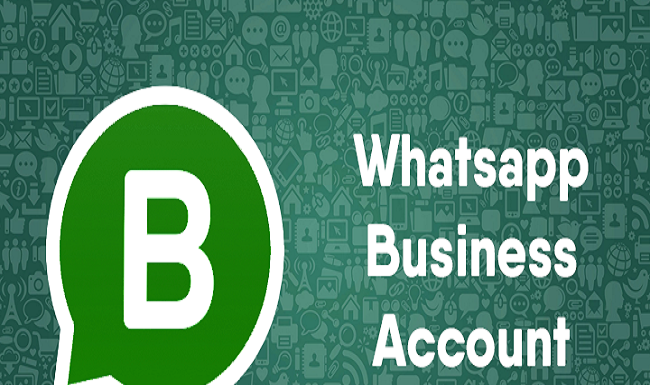Here’s the content “A man considered the godfather of artificial intelligence (AI) has quit, warning of the growing dangers of developments in the field. Geoffrey Hinton, 75, in a statement to The New York Times, announced his resignation from Google, saying he now deeply regrets his job.
He told the BBC that some of the dangers of AI chatbots are “quite scary”. “Right now, they’re not more intelligent than us, as far as I can tell. But I think they soon may be.”
Dr Hinton also admitted age influenced his decision to leave the tech giant, telling the BBC: “I’m 75 so it’s time to retire.” Dr. Hinton’s pioneering research in neural networks and deep learning paved the way for today’s AI systems like ChatGPT.
In artificial intelligence, neural networks are systems that are similar to the human brain in the way they learn and process information. They allow AI to learn from experience, just like humans. This is called deep learning. The British-Canadian cognitive psychologist and computer scientist told the BBC that chatbots could soon exceed the amount of information the human brain holds. “Right now, what we’re seeing is things like GPT-4 eclipses a person in the amount of general knowledge it has and it eclipses them by a long way. In terms of reasoning, it’s not as good, but it does already do simple reasoning,” he said.
“And given the rate of progress, we expect things to get better quite fast. So we need to worry about that.”
New York Times article hints at “bad actors” trying to use AI for “bad things”. When asked for details by the BBC, he replied, “This is just a kind of worst-case scenario, kind of a nightmare scenario.”
“Allowing you to create your own sub-goals,” the scientist warned that this could eventually “create sub-goals such as ‘I need to gain more power.’” He added: “We have come to the conclusion that the kind of intelligence that we develop is very different from the intelligence that we have. We are biological systems and these are digital systems.” “And the big difference is that with digital systems, you have many copies of the same set of weights, the same model of the world.. “And all these copies can learn separately but share their knowledge instantly. So it’s as if you had 10,000 people and whenever one person learnt something, everybody automatically knew it. And that’s how these chatbots can know so much more than any one person.”
Dr. Hinton joins the growing number of experts expressing concerns about AI. It’s about both the speed and direction of AI evolution.
Dr Hinton stressed that he did not want to criticize Google owing to the fact that the tech giant has been “very responsible”. “”I actually want to say some good things about Google. And they’re more credible if I don’t work for Google.” In a statement, Google Chief Scientist Jeff Dean said: “We remain committed to a responsible approach to AI. We’re continually learning to understand emerging risks while also innovating boldly.”
It’s important to remember however, that AI chatbots are just one aspect of artificial intelligence, even though they’re the most popular today. Artificial intelligence is behind the algorithms that decide which video streaming platform you should watch next. It can be used in recruitment to screen applications, by insurance companies to calculate premiums, it can diagnose medical conditions (although human doctors always have the final say, if of course). However, what we are seeing now is the rise of AGI – artificial intelligence in general – that can be trained to do some task-based things. So, for example, ChatGPT can only provide a text response to a query, but the possibilities within that, as we see, are endless. But the acceleration of AI surprises even its creators. Dr. Hinton has come a long way since building a pioneering image analysis neural network in 2012. Even Google boss Sundar Pichai said in a recent interview that even he doesn’t understand it. everything about my AI chatbot, Bard. Make no mistake, we’re on a bullet train right now, and the worry is that it will one day start building its own rails.”




